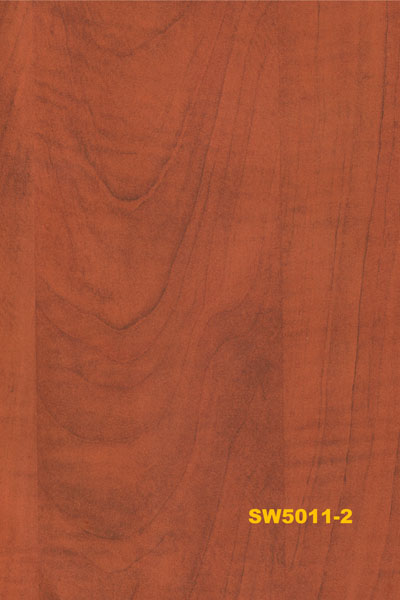- Home
- contact paper on cupboards manufacturers
Dec . 05, 2024 10:33 Back to list
contact paper on cupboards manufacturers
The Evolution and Impact of Cupboard Manufacturers
In the evolving world of interior design and home organization, cupboard manufacturers play a pivotal role in delivering both functionality and aesthetics. Cupboards are essential elements in homes, serving as storage solutions that enhance space efficiency while also contributing to the overall decor. This article explores the evolution of cupboard manufacturing, the impact of technological advancements, and the future outlook for this crucial industry.
Historically, cupboards have been a fundamental part of home furnishings since the Middle Ages when they were primarily used for storage of valuable items and provisions. These early designs were typically heavy wooden constructions, which were not only functional but also often ornately decorated. As time progressed, the Industrial Revolution brought about significant changes in manufacturing processes, enabling cupboard makers to produce items on a much larger scale. This marked the beginning of a more diverse range of designs and materials.
The Evolution and Impact of Cupboard Manufacturers
Moreover, advancements in materials science have expanded the range of options available to consumers. Traditional wooden cupboards remain popular, but modern manufacturers have introduced materials such as engineered wood, metals, and even eco-friendly alternatives like bamboo and recycled plastics. These materials enhance durability and maintenance ease, while also appealing to environmentally conscious consumers. Additionally, innovations in finishes and coatings have made it possible to create stylish, high-quality cupboards that can withstand the test of time.
contact paper on cupboards manufacturers

Sustainability is now a central theme in cupboard manufacturing as consumers increasingly prioritize eco-friendly products. Manufacturers are responding by adopting sustainable practices such as using responsibly sourced materials and implementing energy-efficient production processes. This shift not only addresses environmental concerns but also appeals to a market segment that values sustainability, opening up new opportunities for manufacturers in the eco-conscious consumer market.
The cupboard manufacturing industry is also heavily influenced by changing consumer preferences and lifestyles. The rise of smaller living spaces, such as apartments and urban homes, has prompted manufacturers to design multifunctional cupboards that maximize space utility. These innovative solutions include built-in cupboards, wall units, and modular designs that adapt to various room layouts. Such adaptability is crucial in catering to the diverse needs of modern consumers.
Looking ahead, the cupboard manufacturing industry is poised for further evolution. With the continued integration of smart technology, future cupboards may incorporate features such as automated organization and inventory systems, transforming them into intelligent storage solutions. Manufacturers who embrace this trend will likely capture a larger share of the market, as consumers seek efficiency in their living environments.
In conclusion, cupboard manufacturers are at the forefront of a dynamic industry that blends tradition with innovation. By embracing technological advancements, prioritizing sustainability, and responding to changing consumer needs, these manufacturers continue to shape the way we organize and aestheticize our living spaces. As we move forward, the cupboard manufacturing sector's ability to adapt and innovate will remain essential in meeting the demands of an ever-evolving market.
Latest news
-
High-Quality Bathroom Cabinet Contact Paper – Durable & Stylish Leading Suppliers, Exporters, Manufacturers
NewsJul.08,2025
-
Premium Wood Contact Paper for Desk – Reliable Suppliers & Exporters
NewsJul.08,2025
-
Premium Contact Paper for Table Top – Durable & Stylish Surface Solution from Leading Manufacturer
NewsJul.07,2025
-
Duplex Board with Grey Back - Reliable Supplier & Competitive Price Manufacturer & Exporter
NewsJul.07,2025
-
Premium White Contact Paper on Cabinets – Trusted Exporters & Suppliers
NewsJul.06,2025
-
High-Quality Duplex Board Packaging for Food Reliable Manufacturer & Supplier
NewsJul.06,2025

